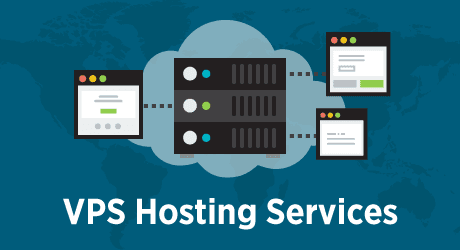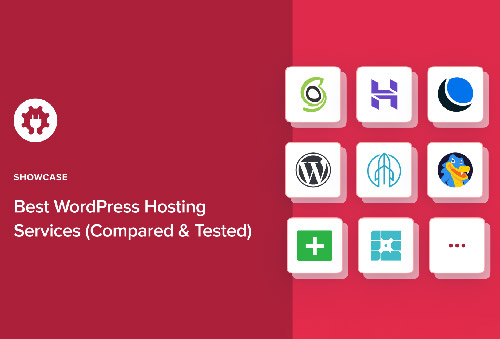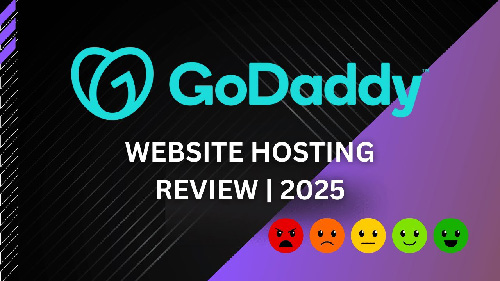7 Things to Look for When Choosing a Web Hosting Provider
Your web hosting choice is important because it determines your website’s performance and security—ultimately reflecting your business and brand. But, with so many web hosting services to choose from, how do you make the right choice?

1. Uptime and Reliability:
Your website's uptime, or the percentage of time it is accessible to visitors, is critical for your online presence and business reputation. Look for providers offering a 99.9% or higher uptime guarantee, backed by reliable infrastructure and redundant servers to minimize downtime.

2. Performance and Speed:

Website loading speed significantly impacts user experience, search engine rankings, and bounce rate. Choose a provider with fast servers, preferably utilizing SSD storage, to ensure quick page loading times. Consider a Content Delivery Network (CDN) integration for further performance optimization and global reach.
3. Refund options
Some web hosting providers offer a set period with a money-back guarantee.

When you’re trying out a web hosting service, it’s ideal to have hassle-free refund options. This lets you pay to try out their service and see if it provides what your business needs. If you find their service not worth the money you paid, at least it’s easy to get your money back.
People who have a hard time getting refunds from a web hosting provider will usually air out their frustration on the web. You can search for these complaints (usually on forums or on review sites) to see if the money-back guarantee is as hassle-free as the provider claims.
4. Backups
Your web hosting provider should ideally offer regular website backups or at least make it easy for you to do yourself.
A website backup is a copy of your website and helps keep your website up and running. It prevents you from losing all your website progress and data if something unfortunate occurs.
5. Security:

Website security is paramount to protect your website and visitors' data from cyber threats. Ensure your chosen provider offers robust security features, including:
- SSL certificates: Encrypts data transmission between your website and visitors, safeguarding sensitive information.
- Regular backups: Protects your website data in case of accidental deletion or security breaches.
- Malware scanning: Detects and removes malicious software that can harm your website and visitors.
- DDoS protection: Safeguards your website from Distributed Denial-of-Service attacks that aim to overload your server.
6. Customer Support:
Reliable and responsive customer support is invaluable when facing technical issues or needing assistance with your web hosting account. Look for providers offering 24/7 support via multiple channels, such as phone, live chat, and email. Consider the provider's reputation for prompt and helpful support based on user reviews and testimonials.
7. Scalability:
As your website grows in traffic and complexity, your web hosting needs may evolve. Choose a provider that offers scalability options to accommodate your website's growth without requiring disruptive migrations. Shared hosting might be sufficient initially, but VPS or dedicated hosting might be necessary later on. Look for providers with easy upgrade paths and transparent pricing for additional resources.
Additional Factors to Consider:
- Pricing: Web hosting prices vary widely based on the type of hosting, features, and resources offered. Compare different providers' plans and pricing structures to find the best value for your budget.
- Storage and Bandwidth: Consider your website's storage and bandwidth requirements based on its content, traffic volume, and future growth plans. Choose a plan that offers adequate storage and bandwidth to avoid performance issues or additional charges.
- User Interface and Ease of Use: A user-friendly web hosting control panel simplifies managing your website files, databases, email accounts, and other settings. Look for providers with a cPanel or similar intuitive interface to navigate easily.
- Features: Evaluate the additional features offered by different providers, such as website builders, email hosting, staging environments, and developer tools. Choose a provider that offers features relevant to your website's needs and technical expertise.
Conclusion:
Choosing the right web hosting provider requires a comprehensive evaluation of your website's needs and your priorities. By considering the factors outlined in this article, you can make an informed decision that ensures reliable performance, security, and scalability for your website. Don't hesitate to leverage free trials and explore provider reviews to find the perfect fit for your online success.
Data and Statistics:
- According to a recent study by W3Techs, 63.6% of websites use shared hosting, while 23.5% use VPS hosting and 7.9% use dedicated hosting.
- A 1-second delay in page load time can reduce conversion rates by 7%, as reported by Google.
- 84% of online shoppers say they would abandon a website if it takes more than 3 seconds to load, according to a study by Akamai.
- The average cost of web hosting ranges from $3 to $50 per month, depending on the type of hosting and features offered.

















